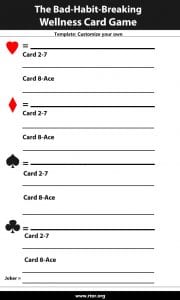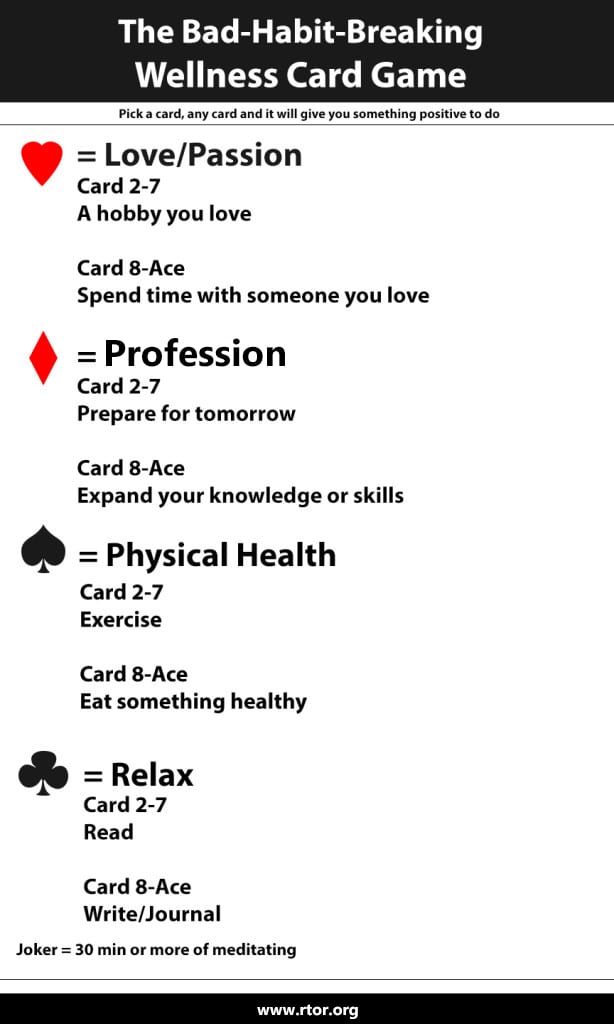The internet is littered with people talking about goals. Whether it’s fitness goals, “squad” goals or business goals, it’s clear we, as humans, are always trying to better ourselves. Usually there is a bad habit or two keeping most people from achieving or sticking with their goals. Maybe your love of junk food is keeping you from a healthy weight; maybe playing video games for 5 hours a day is keeping you from starting your own business. For me, my love of television was keeping me from experiencing life and being a completely well person. I love TV and I always will. As a writer, I love to watch storylines unfold and characters develop. This issue is I’ve let my love of television rob me of hours and hours of my life. There are many things I want to accomplish, experience and learn in this lifetime but I have found I can’t possibly do any of those things if spend the majority of my free time watching TV.
For my New Year’s Resolution 2016, I drastically cut down my time watching television to an hour of television on weeknights and three hours a night on the weekends. At first, it felt liberating to have so much free time but I found that I was likely to backslide into my Netflix habit for two reasons: I couldn’t decide what to do with my time or I was stressed out. In order to prevent future backslides, I created a game that would add wellness activities to my life while distracting me from the call of the remote control. I found an old deck of cards and decided to give a category to each of the four suits. Then, I determined what activity I would be doing by the number on the card I drew. At the top of the page, you can see how I fully laid out The Bad-Habit-Breaking Card Game. Now when I feel the urge to binge watch, I get my deck of cards and let chance keep me from giving into my old habit. In doing this activity, I found there are four elements to breaking bad habits:
Four Elements to Breaking Bad Habits
1. Leave it up to chance
It’s a scientific fact that willpower is finite. If you are asked to resist temptation over and over again you will get to a point called ego depletion where you can’t resist any longer. Willpower is strongly linked to decision-making so it’s not as simple as just choosing to stop doing your bad habit. As it turns out, your decision-making abilities can wear out too in a phenomenon called decision fatigue. You make hundred of decisions a day from the simple, what to wear today, to the difficult, what to do with your career. Then, you reach a certain point where you can’t make any more choices and your brain automatically chooses the easiest (usually the most self-indulging) possible choice. This is no way to break a bad habit. When you find a way to by-pass choice-making with something like random chance, it will prevent you wearing your willpower out.
2. Bring your stress-level down
For the most part, bad habits start as a way to manage stress. It may not be the most healthy way to deal with stress but it still helps you relieve tension. Maybe your habit started by turning to TV to chill out after a hard day at school or maybe it was smoking a cigarette after a fight with your partner. When you repeat a behavior over and over again in response to a certain situation or emotion, you will in turn start to feel the desire to indulge in your bad habit whenever that situation or emotion presents itself. For example, you always get a drink after a bad day at work, so work stress will start to trigger your desire for alcohol. When you are trying to break a bad habit, it is vital that you stay away from stress-inducing situations. Most of the activities I listed in The Bad-Habit-Breaking Card Game are productive but they purposefully are stress-reducing activities. If you are trying to stay away from too many trips to the local bar, staying late to pore over a big project at work might be productive and distracting but when it causes your stress level to elevate, you will find it harder and harder to resist stopping by the bar on your way home.
3. Distraction, distraction, distraction
While the strong desire to indulge in eating all the Oreos in your house or play video-games till your fingers hurt may seem all powerful, it will not last forever. Most cravings will dissipate if you can resist them for a few minutes. The key is to actively engage your mind and/or your body so your focus switches from how badly you want to indulge in the bad habit to an entertaining and enriching activity. Three of the most useful activities I use to distract from my desire to watch too much TV are to either exercise, play the guitar or read a book. These activities keep my hands busy so I don’t get fidgety and they actively stimulate my brain so my thoughts don’t switch to thinking of what I am missing out on. As soon as you feel the urge to partake in your bad habit, find something engaging to take your mind off of it. You will be surprised at how quickly the desire will dissipate.
4. Tackle a long trek with baby steps
It’s important to remember that breaking a habit is a long-term process. If you resist the temptation for a week, that doesn’t mean you are out of the woods just yet. Don’t get upset if it ends up taking several attempts to break your habit. That being said, it can seem overwhelming when you imagine just how long it might take to get through it. That’s why it is best to take one small step at a time instead of focusing on the long road ahead. The Bad-Habit-Breaking Card Game helps me concentrate on the here and now. Usually the activity assigned to the card I draw will take 30 minutes to an hour to complete, making me focus on what’s happening in the present–not how much TV I will be missing in the future. Ideally, I would like to go a whole month without TV but I know I am not ready for that. If I forced myself on January 1 to stop all television, I wouldn’t have lasted a day. Back then the idea of going a whole day without a television seemed impossible but since I’ve cut back, I will get so caught up in other activities I often have days with no television at all. This is proof that forcing too much change on yourself may not be the best way to go.
Subscribe to our e-newsletter for more mental health and wellness articles like this one.
SUBSCRIBE NOW
If you want to make your own version of The Bad-Habit-Breaking Wellness Card Game, click to enlarge the template below.

Recommended for You
- Living Well with an Eating Disorder - July 18, 2017
- Living Well with Borderline Personality Disorder - June 13, 2017
- 6 Things that Everyone Thinks are Signs of Mental Illness but Aren’t - May 16, 2017






Veronique, I liked this article very much, especially the part about leaving it up to chance and distraction, distraction, distraction. I need distractions to help me focus on something else, but what? I also like the idea of making my own card game, not using a made-for-everybody card game, although I may use a few of yours. I have copied your blank sheet and I am raring to go! Thank you!
I appreciated your honesty and found your information helpful. 2 bad habits I quit were: nail biting and smoking. The nail biting might have been harder because of the accessibility.
I’ll keep your 4 points in mind when trying to tackle the other bad habits I’ve managed to acquire.
I love the article Veronique and how you created such a unique and helpful wellness card game.
Hi Cathy,
I’s glad you like my card game, I hope it helps you with whatever habit you may be trying to break.
Best of luck, Veronique.
Thanks, Denise!
Thank you Veronique! I think this is unique and fun and could benefit me and everyone with bad habits. Love your original idea and I can’t wait to try the game out and share it with family and friends.
Thanks Mary Kate!